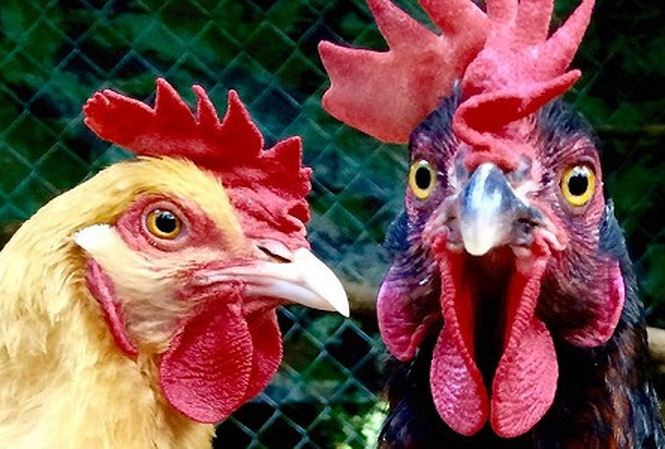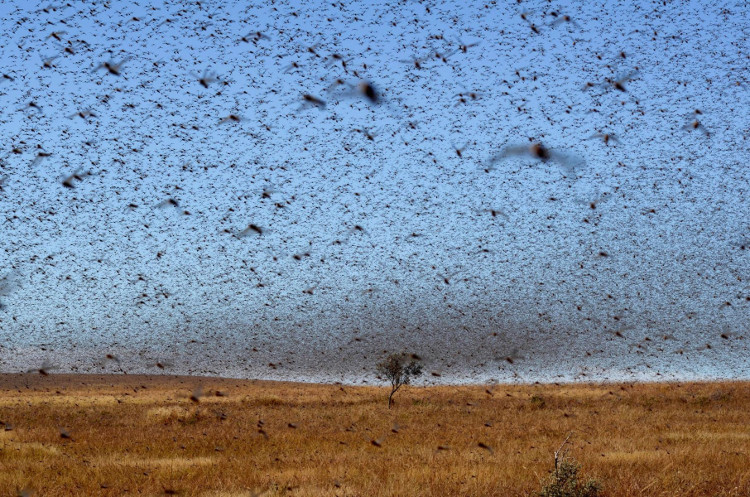China deployed chicken army to deal with locust pandemic
Thousands of chickens were handed over by the Xinjiang government to cattle grazers to destroy the grasshoppers that destroyed crops.
Authorities in Xinjiang Uygur Autonomous Region in the northwest of China delivered more than 2,200 chickens to local cattle farmers. They hope this measure can reduce the damage caused by grasshoppers, Mother Nature Network reported on April 21.

More than 2,200 chickens are used to deal with raging locusts in Xinjiang province.(Photo: Flickr).
"Chicken is the perfect enemy of grasshoppers," said Yang Zhong, deputy director of the field station at the O Cross District Veterinary and Agricultural Department. "A chicken can catch more than 600 grasshoppers every day on an area of half a hectare of pasture land. The number of grasshoppers is declining in some districts that apply this measure."
In January, the Chinese Center for Pest Management predicted that the number of grasshopper populations was higher than usual in the north of the country, mainly due to warmer winters, according to Bloomberg. Nearly 4,046 hectares in O Thap district, where the chicken army is about to be deployed, is destroyed by grasshoppers, losing vast swaths of pasture land.

Grasshoppers destroy crops, reducing grassland areas for livestock.(Photo: AFP).
According to Zhong, the previous attempt to eradicate grasshoppers in Xinjiang included pesticides that worked but also killed many beneficial insects and harmed the ecosystem. However, last year, the 100-chicken flock in O Thap district could limit damage to 526 hectares. In addition, families can also take advantage of chicken manure on pastures.
This is not the first time China has used poultry to fight grasshoppers. According to the Telegraph, in July 2000, authorities trained the army of 700,000 chickens and ducks to chase and eat grasshoppers in the whistle. The scale campaign brought together nearly 280,000 people to deal with the worst in 25 years in China. Zhong said the chicken army deployed in Xinjiang will spend a month adapting to the local environment before the first large grasshoppers flock in May.
- Israeli army blocked
- How to deal with chicken bones
- 2020 pandemic flu attack humans?
- Chicken thighs: West doesn't like why we like it?
- Hail is as big as chicken eggs in China
- People should not eat chicken
- Figure 8 chicken egg
- This is why eating chicken feet is good for health
- 'Chicken' from the lab will be sold in 2018
- Why are Thai chicken prices
- Producing electricity from chicken manure
- The world of research
 Animal 'suffering' after hibernation
Animal 'suffering' after hibernation Why do goats climb well?
Why do goats climb well? Scientists were surprised to see chimpanzees eating turtles
Scientists were surprised to see chimpanzees eating turtles Giant catfish died deadly due to drought in Thailand
Giant catfish died deadly due to drought in Thailand